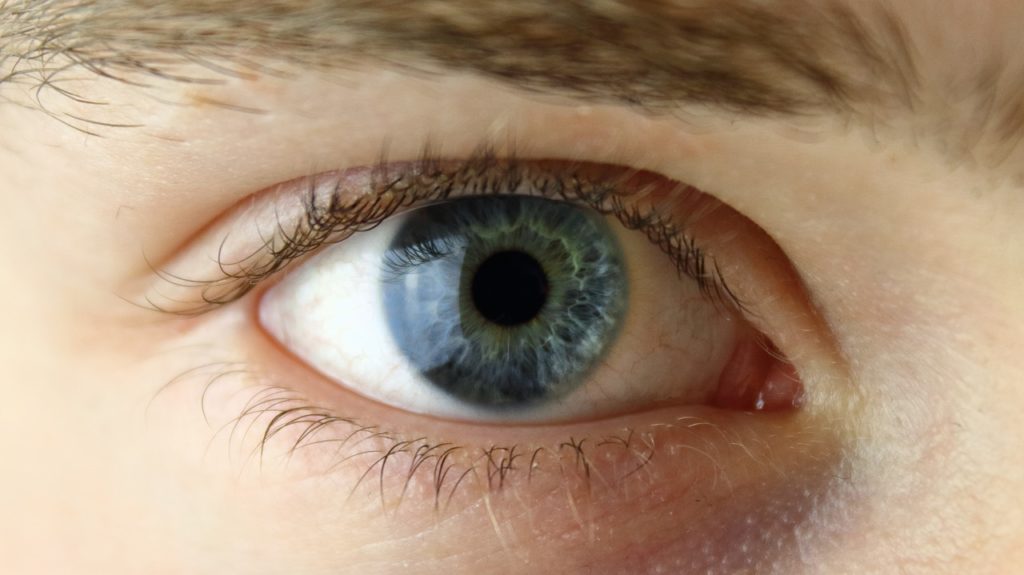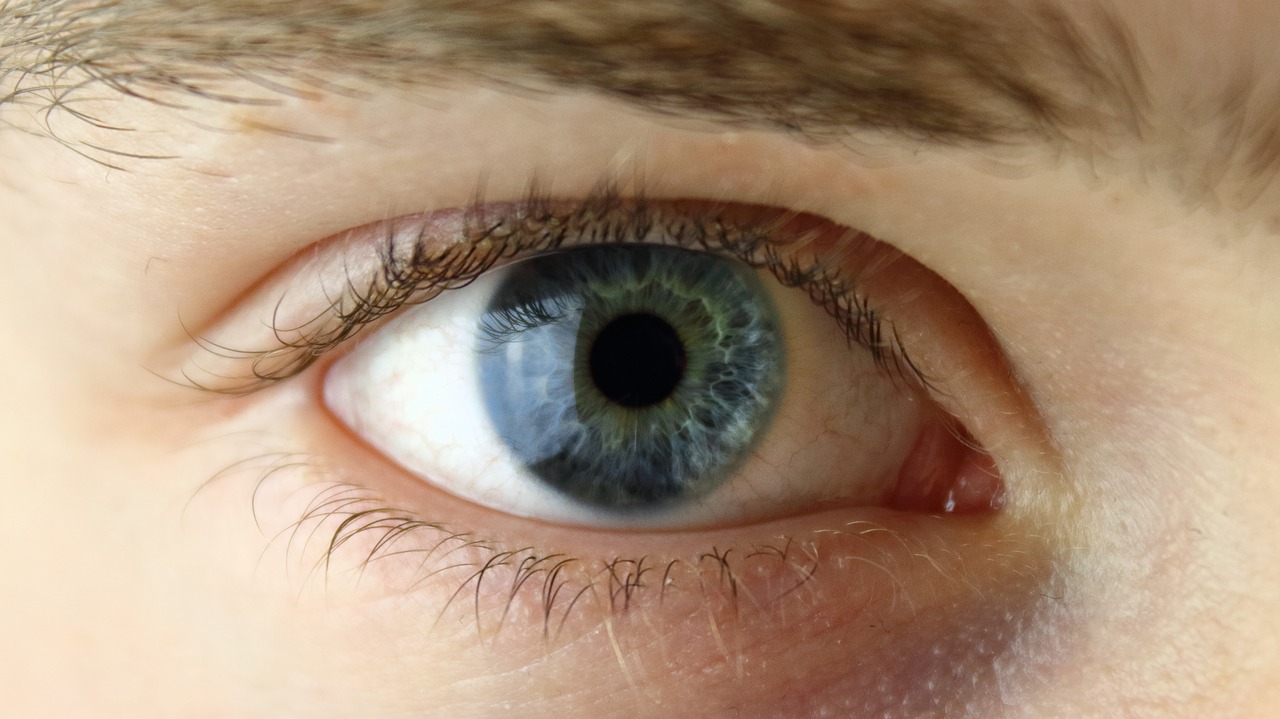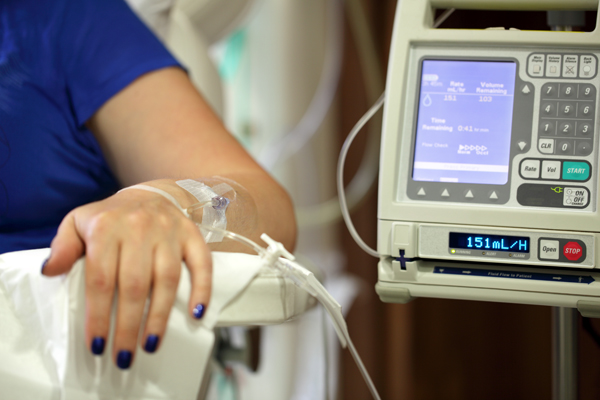Immunotherapy may be a promising new treatment for cancer, however these drugs may have unintentionally negative effects on vision health. According to researchers at Michigan Medicine, a rare but damaging side effect of immunotherapy treatments on the eyes has been noted in multiple patients treated at the University of Michigan Kellogg Eye Center.
Immunotherapies harness the power of a patient’s own immune system to target and destroy cancer cells. While the advent of this technology has prompted a paradigm shift in cancer treatment for conditions including melanoma, as well as bladder, kidney and lung cancers, it appears that immunotherapeutic drugs can also have damaging effects on the eyes and other healthy organs in the body. The researchers published their findings in the journal JAMA Ophthalmology.
“In our three patients who had been receiving these immune checkpoint inhibitors, we noticed large uveal effusions. In addition, there was anterior chamber inflammation in two of our patients,” said Dr. Hakan Demirci, the Richard N. and Marilyn K. Witham Professor at the University of Michigan Kellogg Eye Center.
Uveal effusion occurs when fluid accumulates between the layers within the eye. This is often accompanied by swelling and vision problems, and can occur as the result of surgery, eye injuries and as a reaction to some medications.
These patients experienced vision problems while being treated with anti-PD-1 or anti-PD-L1 antibody immune checkpoint inhibitor drugs, including atezolizumab, nivolumab and pembrolizumab. These immunotherapy drugs are sold under the names Tecentriq, Opdivo and Keytruda, respectively.
“[Effusions] happened quickly, between one and three months after the patients had received at least two infusions of the immune checkpoint inhibitors,” said Dr. Merina Thomas, the senior vitreoretinal surgery fellow and a clinical lecturer at Kellogg. “That raised our suspicion.”
According to Thomas and Demirci, the only option to treat these serious side effects would be to stop treating the patients with these potentially life-saving therapies, which is not always an option. While each patient’s oncologist was consulted with about the possibility of discontinuing treatment, in some cases, the cancer had spread and immunotherapy was a last hope.
Two of the patients opted to stop their immunotherapy treatments which resulted in improvement of the uveal effusions and general eye health within six weeks to three months. The third patient continued treatment for melanoma but died four months after the uveal effusion presented itself.
Previous studies of checkpoint inhibitor drugs haven’t identified the type of ocular side effect described here. One study of 576 patients being treated with Opdivo found that over 70 percent experienced side effects, the most common of which were itching, fatigue and endocrine or gastrointestinal issues.
Inflammation of the middle layer of the eye – known as uveitis – as well as dry eye were the only ocular side effects identified as a result of immunotherapy in other studies. This highlights the need for those in clinical practice – including ophthalmologists and oncologists – to be aware of these ocular toxicities so they can better diagnose and treat patients suffering from them.
“The immune system is tricky. It can help fight cancer cells but can also start fighting the body itself and cause side effects such as the uveal effusions in these patients,” said Thomas.












Join or login to leave a comment
JOIN LOGIN